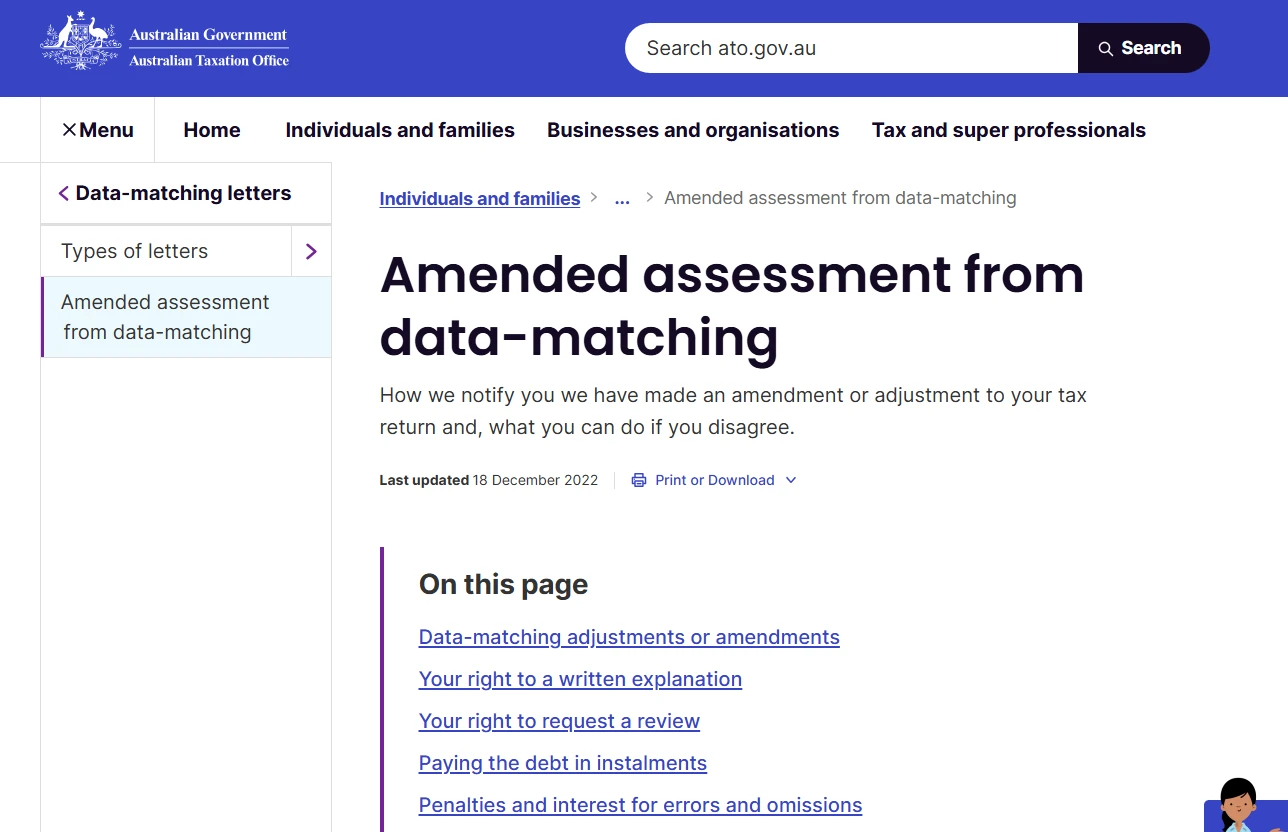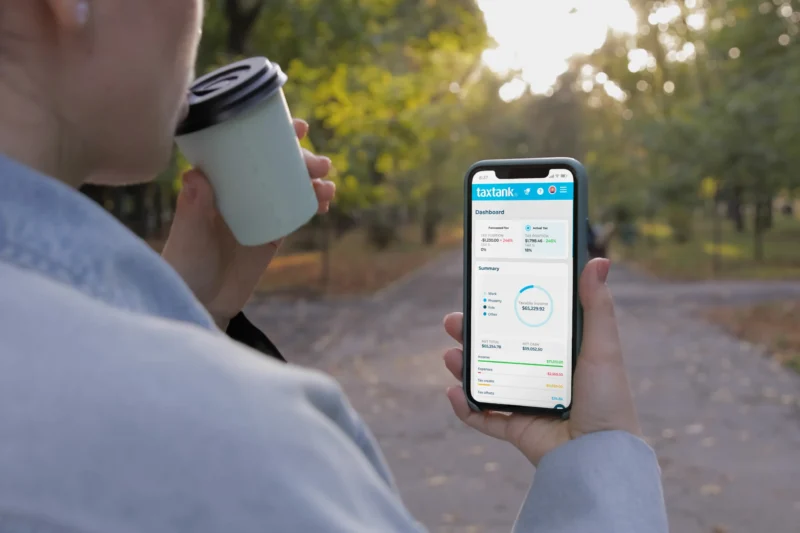Tax season is in full swing, and the ATO isn’t taking its foot off the pedal. Every year, millions of tax returns are reviewed, and a significant number end up being adjusted after lodgement. In fact, the ATO has reported that over 70% of returns contain errors (mostly avoidable), and in the case of property investors, audits show that 9 out of 10 make at least one mistake in their claims.
With data-matching technology sharper than ever, it’s not just about what you remember to claim, it’s about what you can prove, and how accurate your timing is. So, what are the main reasons the ATO may adjust your tax return? Let’s break down the top culprits and how you can stay ahead.
1. Lack of Substantiation
Substantiation is the backbone of any legitimate tax claim. In simple terms: if you can’t prove it, you can’t claim it.
The ATO requires taxpayers to retain records such as receipts, invoices, bank statements, and logbooks for at least five years from the date their tax return is lodged. These records must clearly show what the expense was for, who incurred it, and how it relates to your income.
And while this might sound straightforward, it’s one of the most common areas where people fall short. Receipts fade, get thrown out, or disappear into the black hole of your car, handbag, or inbox.
Property investors, in particular, need to be especially diligent. From the day you purchase a property to five years after you sell, you need to maintain a full set of records. This includes things like purchase contracts, loan statements, invoices for repairs and improvements, depreciation schedules, and more. These documents are essential to calculate and substantiate your Capital Gains Tax (CGT) obligations correctly.
If you can’t produce this documentation, the ATO may disallow deductions or adjust your CGT calculations based on their own data-matching systems. And if that happens, penalties and interest can quickly add up. Especially if the adjustment affects multiple years of your return.
💡Pro tip: Don’t rely on your accountant to store your receipts for you. It’s your legal responsibility to keep records, whether that’s in a shoebox or a secure cloud-based platform.

2. Miscalculation and Incorrect Apportionment
The second major reason returns are adjusted is miscalculation, particularly when it comes to apportioning expenses.
This is where things can get tricky, as even well-meaning taxpayers can make mistakes that the ATO is quick to pick up on. Some common pitfalls include:
- Home office expenses: If you’re claiming deductions for electricity, internet, or phone usage, you must clearly identify and apportion the work-related percentage. Guesswork isn’t sufficient, and the ATO often requests a continuous 4 week representative diary or log of usage.
- Logbooks for vehicle expenses: If you’re claiming car expenses under the logbook method, that logbook must be current (less than five years old) and reflect a typical period of use. Many people continue using outdated or incomplete records, which puts the entire deduction at risk.
- Redrawn loans: If you’ve redrawn funds from an investment loan for personal use, for a holiday or a car, you need to split the interest portion accordingly. Even if you later repay the personal portion, the interest still becomes non-deductible from the point it was used for private purposes.
- Capital vs. repairs: Claiming improvements as repairs, or claiming costs for initial repairs after purchasing a property, can also be problematic. Initial repairs are typically considered capital in nature and must be added to the cost base of the property, not claimed as an immediate deduction.
- Private use of rental properties: If you or your family use your rental property personally, even for a weekend, you’re expected to apportion all expenses accordingly. Many property owners overlook this, but the ATO has sophisticated tools to identify short-term bookings, travel patterns, and more.
In each of these cases, the errors may be unintentional, but they can still lead to adjustments, penalties, and interest.
So, What Can You Do to Stay Ahead?
The most effective way to stay compliant and to reduce the stress of tax time is to stay organised year-round. That means:
- Keeping accurate, real-time records of income and expenses
- Digitally storing receipts and documents so they don’t get lost
- Using logbooks, diaries, and tracking tools to meet ATO requirements
- Understanding how to apportion expenses between private and income-generating use
- Maintaining a clear paper trail for all property-related expenses, including renovations, loans, and depreciation
And if that sounds overwhelming, there’s a much simpler solution.
Let TaxTank Do the Heavy Lifting
Tax time doesn’t have to be an anxious waiting game. The reality is, adjustments usually come down to two things: poor record-keeping and missed deadlines. And with 56% of Australians admitting tax time stresses them out, there’s real value in getting it right the first time.
That’s where smart tools like TaxTank come in:
- Audit-ready records at your fingertips – no shoeboxes, no scrambling for receipts.
- Live bank feeds and real-time tax positions, so you always know where you stand.
- Automatic updates across property, shares, and sole trader income, ensuring every deduction is substantiated.
Think of it this way: the ATO has invested billions into data-matching and compliance programs, so why go up against that with spreadsheets and guesswork?
Stay organised, stay compliant, and stay in control, because when it comes to the ATO, it pays (literally) to be one step ahead.
Try TaxTank and make this your easiest tax year yet.





